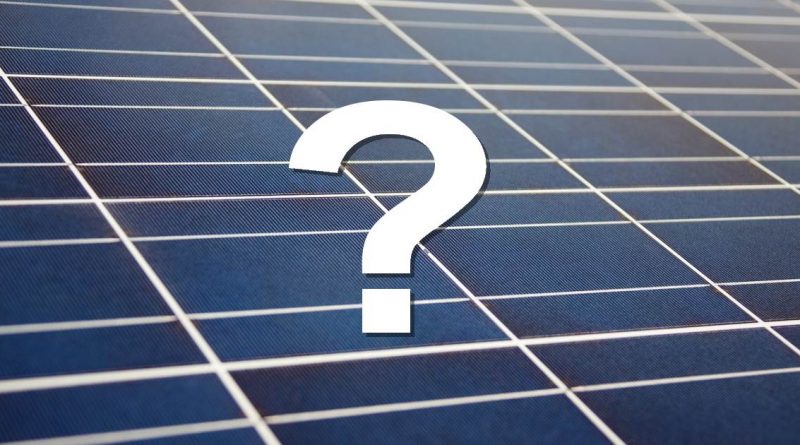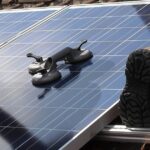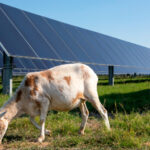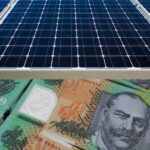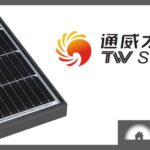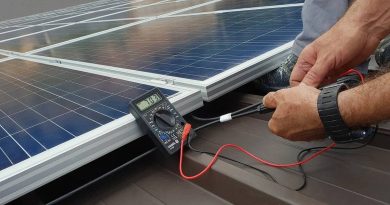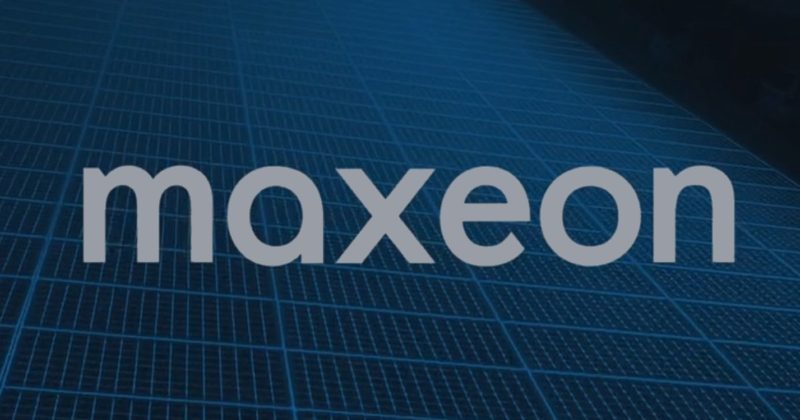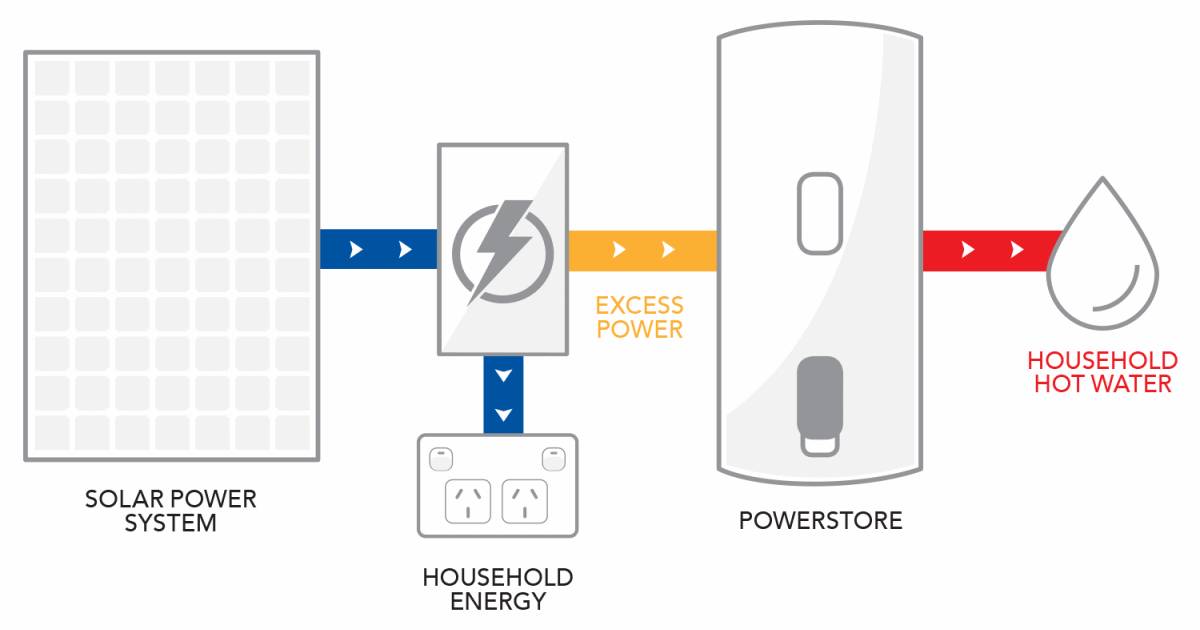What Are These Tier 1 Solar Panels You Speak Of?
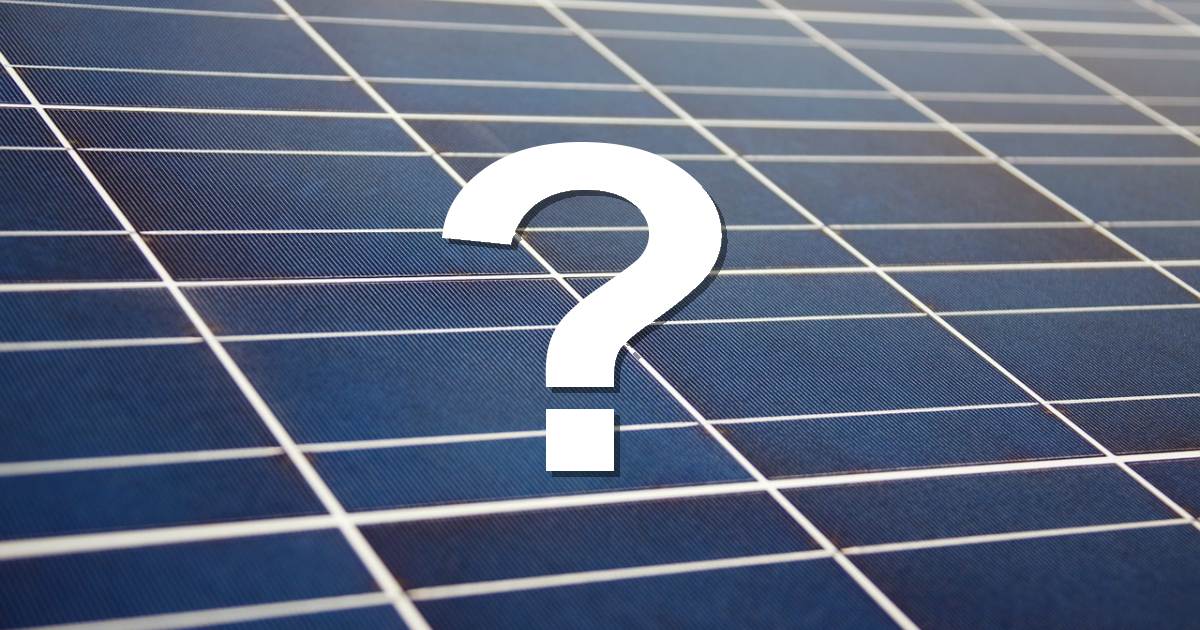
Solar power system offers spruiking “tier 1” solar panels without mentioning a brand should be treated with a degree of skepticism.
Google seems to show me a lot of ads about solar power. It’s like it knows1 I spend a fair bit of time on solar energy related web sites. Many web sites run advertising to help pay the bills, so I get to see all sorts of interesting ads.
One that caught my eye yesterday screamed that Australia’s solar rebate was being reduced soon, so I should act now. I was curious about this after recently writing on the topic of the solar rebate in 2021 and why the reduction isn’t something to really panic about. Given this business was using the rebate reduction as a call to action at this late stage of the year, I thought I’d check other angles it might be taking.
“Premium Tier 1” Panels
The landing page was professionally designed and prices of systems advertised were pretty darned low, so I wondered what panels were being used in these cheap solar systems. The brand of inverter was mentioned – one listed on SQ’s trusted solar brands chart at the entry level end, but the solar panels were only being touted as: “premium tier 1 panels”.
I dug around the web site and couldn’t find the brand of these panels anywhere. If a business was promoting the use of “premium tier 1” solar panels, you’d think they would mention what they were and that would be front and centre.
Solar inverters can usually be easily identified but solar panels are much of a muchness within the various technologies in terms of looks. Unlike inverters, panels don’t have the brand’s logo on the front as that would interfere with their operation.
The difference in price between what would be considered a “premium” tier 1 solar panel and just a decent quality tier 1 brand can be huge. Given the price of these systems, it’s extremely doubtful they are the former and if they are even the latter is questionable. Unfortunately, it’s not unheard of for the tier one claim to be made rather loosely.
What Does Tier 1 Mean?
Using “tier 1” references in promotional material as a focus was pretty popular some years ago, but it became widely abused. Good solar installation companies may still make mention of the term, but also the brand as that speaks volumes.
A solar panel manufacturer being considered tier 1 means independent industry analysts consider the company to be among the most “bankable”. A solar farm developer using that manufacturer’s panels or the manufacturer itself have a better shot at securing financing from banks.
The financial stability and general health of the manufacturer is a major factor in the tier system rather than product quality per se. But while not being a direct measure of quality, it would be highly unlikely to be considered a tier 1 manufacturer when generally producing poor quality solar panels – so in that regard the tier one classification, from a reputable source, is a useful measure of quality.
If you’re shopping around for a solar power system and see a tier 1 claim, be a little wary of it. Where a brand name is mentioned, as it should be, you can use SolarQuotes’ solar panel reviews to get more information on the manufacturer and the opinions of Australians who have had the panels installed. Take a look through our inverter reviews too and on a related note, there’s no such thing as a “tier 1” solar inverter.
To pick up a bunch of valuable tips on what to look for in a system, check out SolarQuotes founder Finn Peacock’s Good Solar Guide, free to read in its entirety online. It demystifies the solar buying process in Australia; showing you how many panels you need, which panel and inverter brands to buy (and what to avoid), and how to choose a great installer. Alternatively, view our solar 101 guide.
Original Source: https://www.solarquotes.com.au/blog/tier-one-panels-mb1796/

